Search
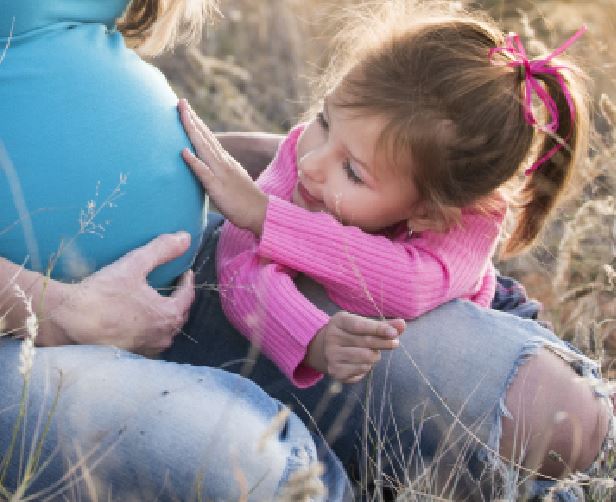
News & Events
Latest RSV results pave way for world-first vaccineThe Kids Research Institute Australia researchers leading the Western Australian site of a global respiratory syncytial virus (RSV) study can now fine-tune development of a world-first vaccine for pregnant mothers.

News & Events
Kids hip hop to stop painful skin infections in the Kimberley regionThe Kids Research Institute Australia researchers have launched the Hip Hop 2 SToP video featuring school kids participating in their SToP Trial project designed to see, treat and prevent skin infections in WA’s Kimberley region.

News & Events
Pneumococcal vaccine sees hospital admissions for deadly pneumonia slashed by halfThousands of children born in Papua New Guinea (PNG) no longer face a future cut short by severe pneumonia, thanks to the introduction of pneumococcal vaccination as part of the country’s National Immunisation Program.
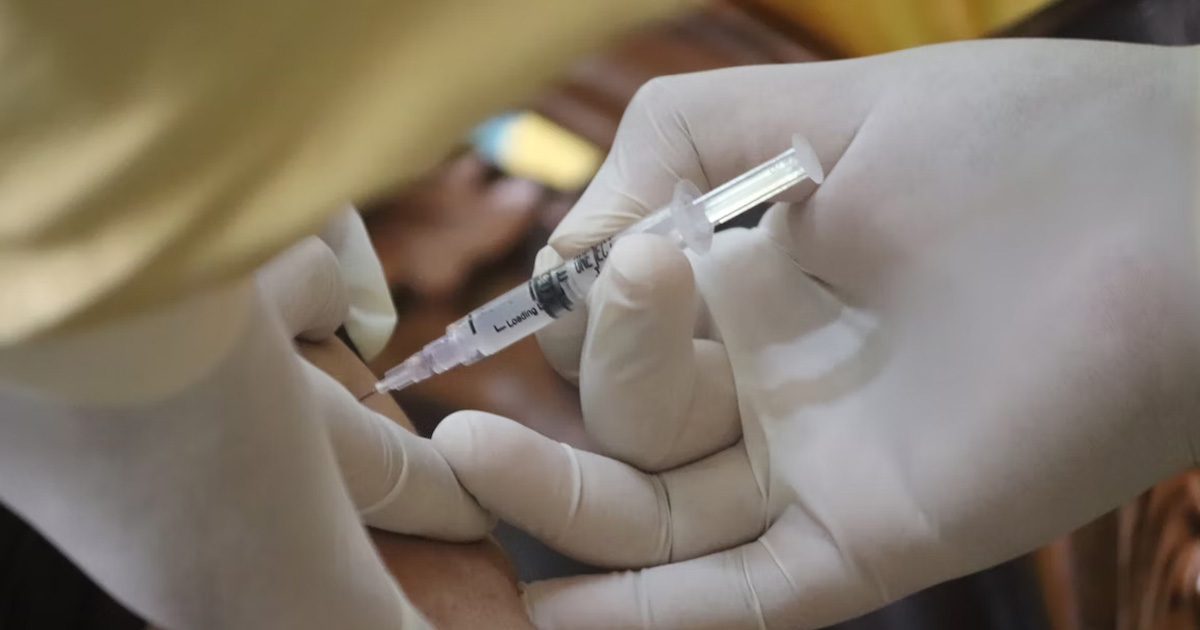
News & Events
RSV vaccine for pregnant women provides protection for babies: studyA world-first study has found a new vaccine against potentially deadly respiratory syncytial virus (RSV) is safe and effective for use in pregnant women, to help protect their babies.

News & Events
Study finds Covid-19 severity reduced for childrenAn international study examining Covid-19 severity on hospitalised children and adolescents has found that as the virus became more infectious, intensive care admissions dropped across multiple age groups regardless of vaccination status.
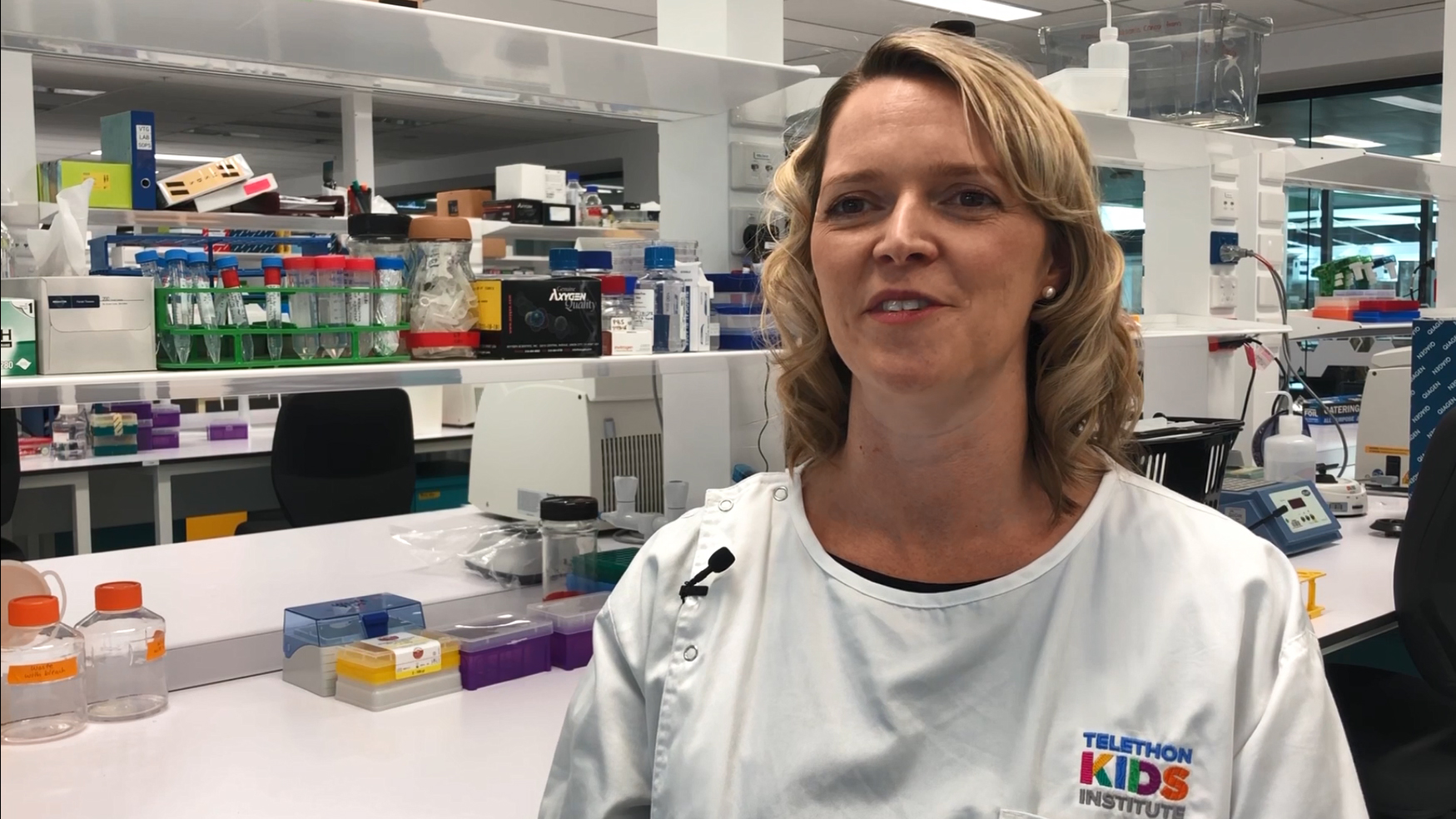
News & Events
Nasal spray to prevent ear infections closer to fruition thanks to major grantA nasal spray that could potentially prevent childhood ear infections and reduce antibiotic use is a step closer to clinical trials thanks to a $500,000 CUREator grant.

News & Events
The Kids researcher awarded Research Translation Projects grantA new research project aims to demonstrate how influenza vaccination in children could be a highly cost-effective health care intervention in Australia.
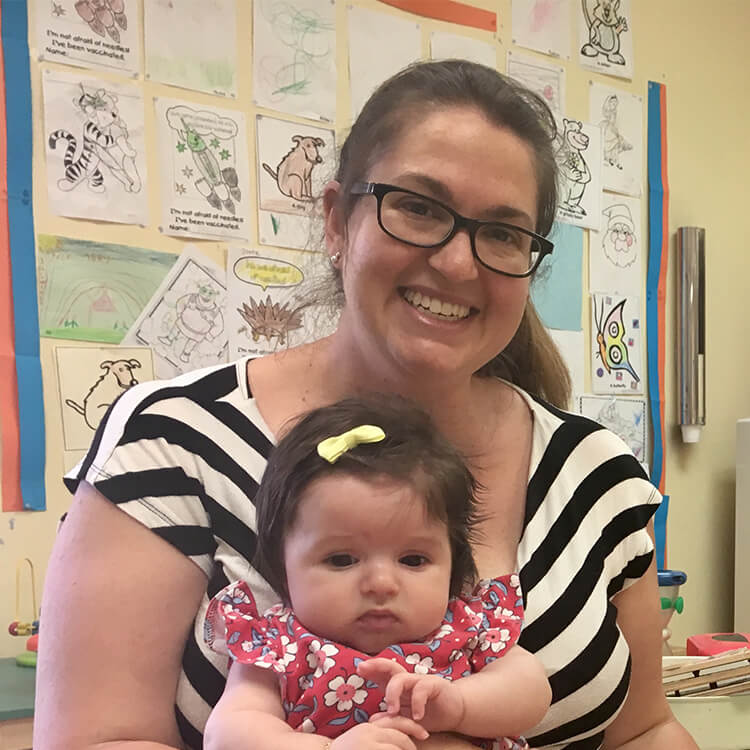
News & Events
Perth mums play instrumental part in world-first vaccineNew mothers in Perth are teaming up with researchers at The Kids Research Institute Australia in a global bid to develop the first vaccine to prevent Respiratory Syncytial Virus (RSV) disease.
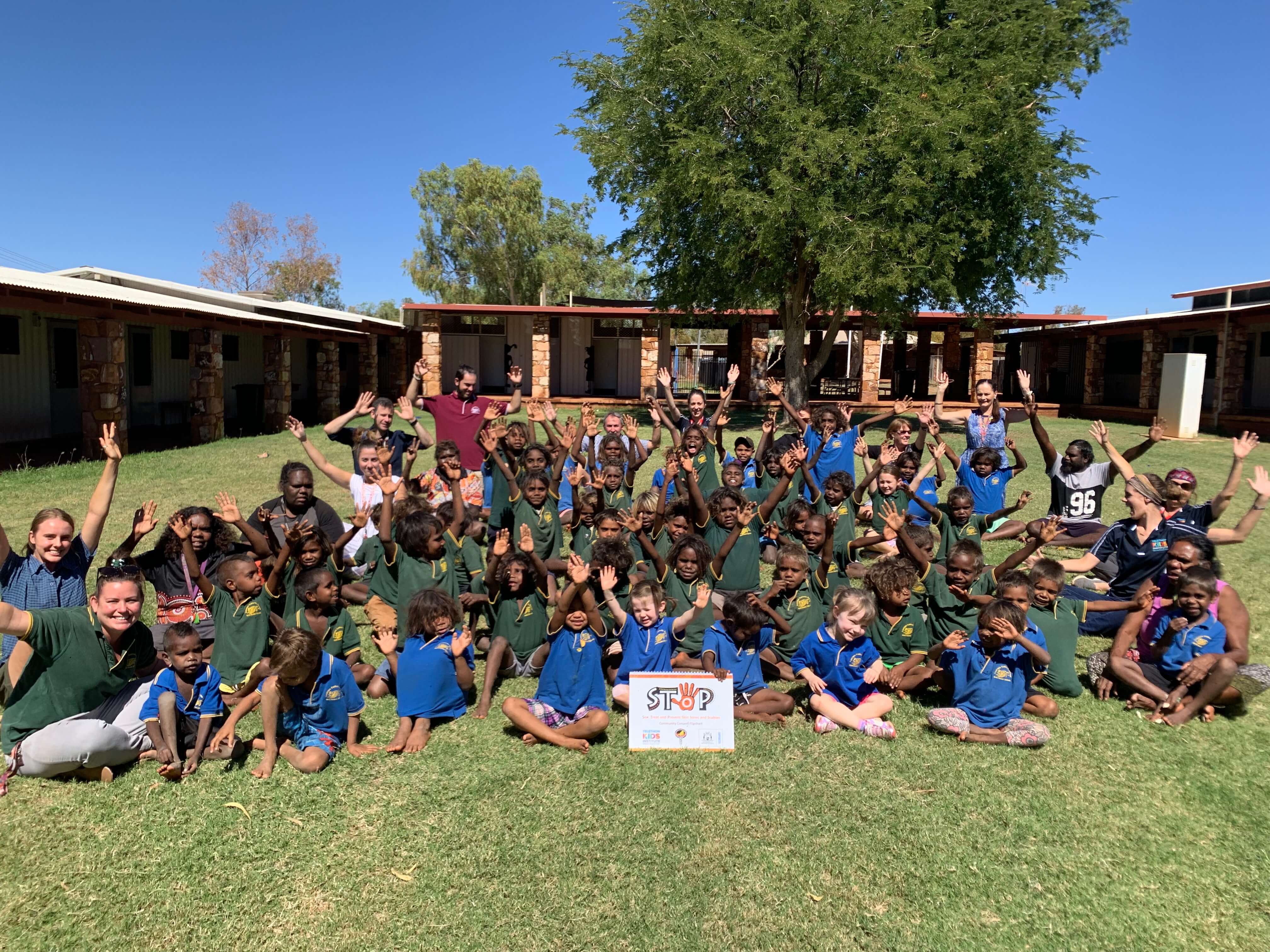
News & Events
Major grant empowers community voices to drive reduction in skin infectionsAboriginal community members throughout the Kimberley will take a lead role in driving healthy skin messages within their own communities thanks to a major funding boost to The Kids Research Institute Australia’s SToP Trial.
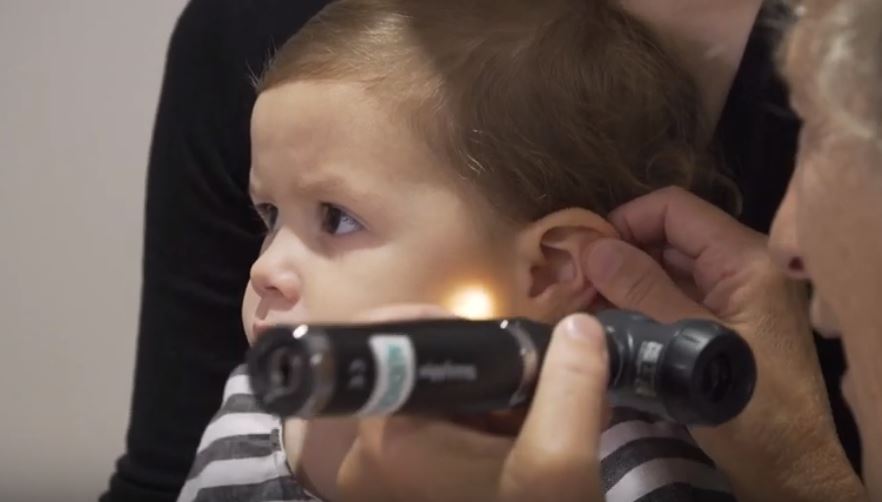
News & Events
Perth researchers one step closer to wiping out childhood ear infectionsResearchers from The Kids Research Institute Australia have identified the main bacteria responsible for recurrent ear infections and repeat ear surgeries in children.
